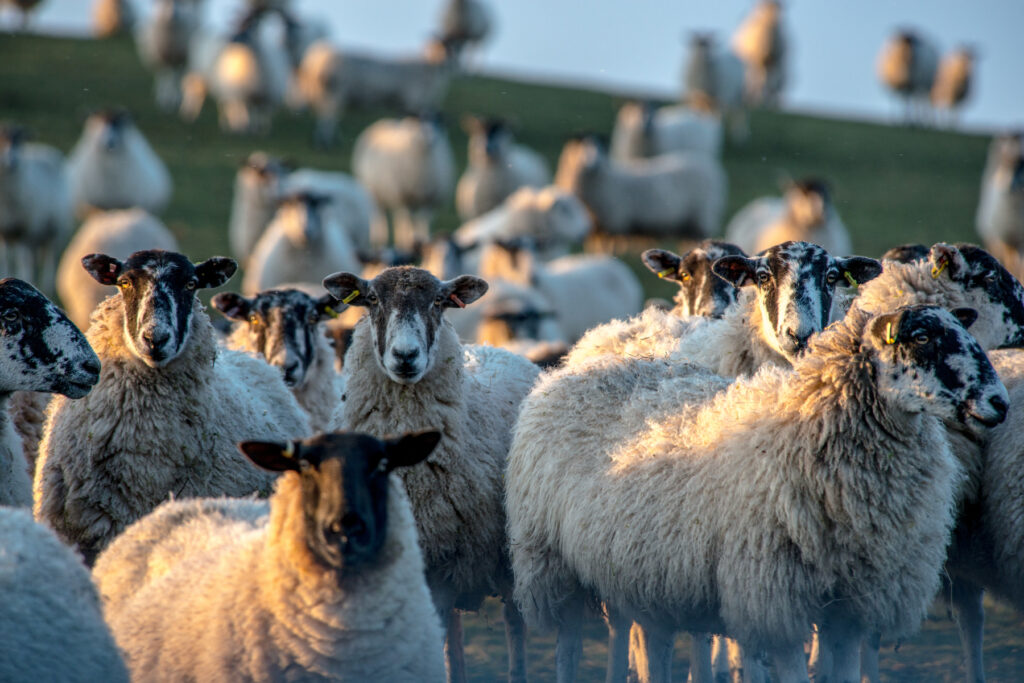Disease control: Farmers urged to view sheep as precious assets
22nd September 2023
At a busy time of year for sheep to move between holdings, the Sustainable Control of Parasites in Sheep (SCOPS) group is encouraging producers to think about sheep health as an extremely precious asset worthy of multi-pronged protection.
Speaking on behalf of SCOPS, independent sheep consultant Lesley Stubbings said even if incoming sheep look well, come from a top-priced pen or even a known source, they can still wreak havoc.
The list of threats includes sheep scab, lice, resistant roundworms and/or liver fluke, Haemonchus contortus (the barber’s pole worm), contagious ovine digital dermatitis (CODD), footrot and orf to mention a few.
She added: “If you were guarding a valuable treasure you would probably keep it in a fortress, with sturdy walls, strong gates, and vigilant guards.
“If your fortress was approached by unknown people you wouldn’t just let them in, you would stop them and carry out checks to make sure they were not a threat to your treasure, not think about it once they were inside the walls. Yet that is what many sheep farmers do every autumn when they bring in replacement sheep.”
“Most of these you cannot see and some, such as CODD or sheep scab, can take some time to show themselves. The only way to protect your flock is to put a safeguarding policy in place.”
The fortress for sheep farmers is their fences, their guards are testing and appropriate treatment, and their gates are the steps taken to isolate new sheep. Key to the whole process is making sure they go into an isolation period (quarantine), Lesley concluded.
Kevin Harrison, a sheep farmer from near Bristol who chairs the SCOPS group, has many years’ experience of buying in replacement females and running the risk of bringing in new health problems.
He commented: “Of course, an effective quarantine policy requires some time and costs money, but this is nothing compared to the cost of importing one or more of these diseases.
“For example, sheep scab can take up to six months to show its hand, by which time the majority of the breeding ewes in a flock will be affected, along with young lambs. Anyone who’s gone through that will tell you it’s a very unpleasant experience, very difficult to deal with, and devastating for your flock’s health status.”
A wide range of practical biosecurity and quarantine advice for farmers, vets and advisers is available on the SCOPS website:
www.scops.org.uk/internal-parasites/quarantine-advice-for-internal-and-external-parasites

